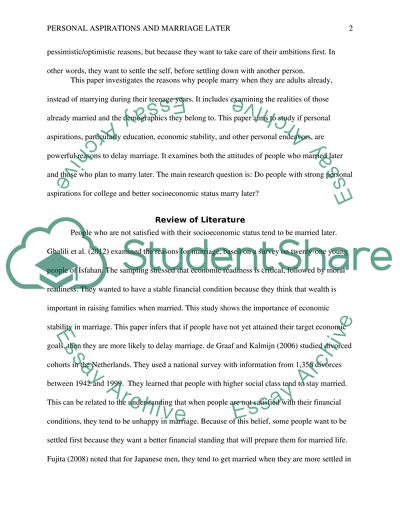Cite this document
(“Personal aspirations and marriage later Essay Example | Topics and Well Written Essays - 3250 words”, n.d.)
Retrieved from https://studentshare.org/sociology/1403167-why-the-age-of-marriage-is-increasing-part
Retrieved from https://studentshare.org/sociology/1403167-why-the-age-of-marriage-is-increasing-part
(Personal Aspirations and Marriage Later Essay Example | Topics and Well Written Essays - 3250 Words)
https://studentshare.org/sociology/1403167-why-the-age-of-marriage-is-increasing-part.
https://studentshare.org/sociology/1403167-why-the-age-of-marriage-is-increasing-part.
“Personal Aspirations and Marriage Later Essay Example | Topics and Well Written Essays - 3250 Words”, n.d. https://studentshare.org/sociology/1403167-why-the-age-of-marriage-is-increasing-part.


